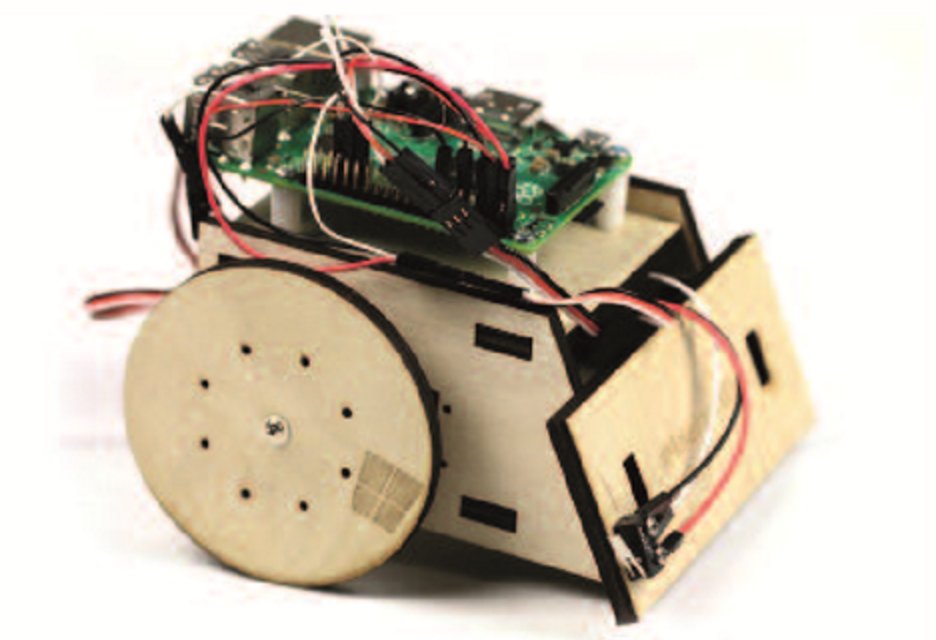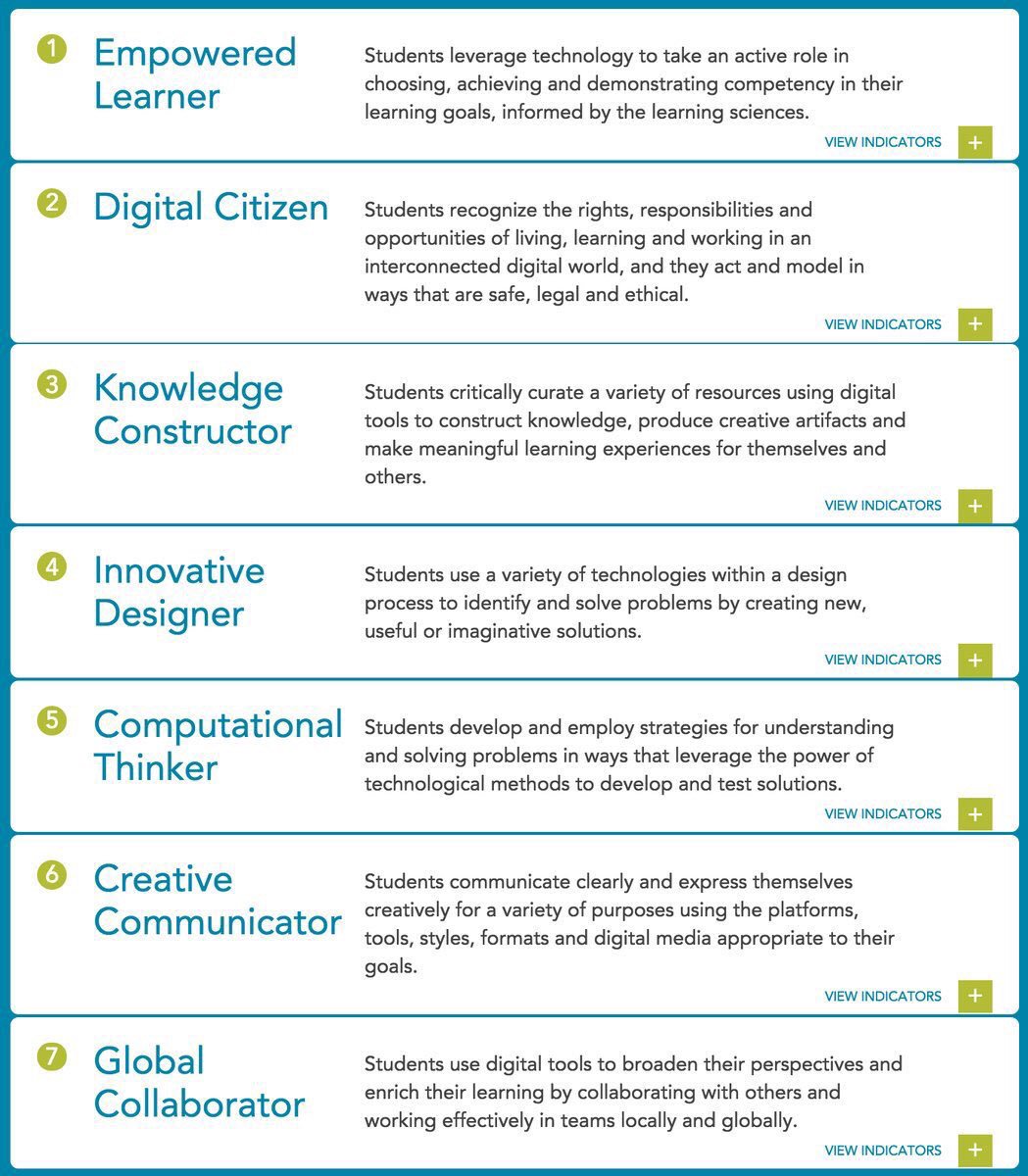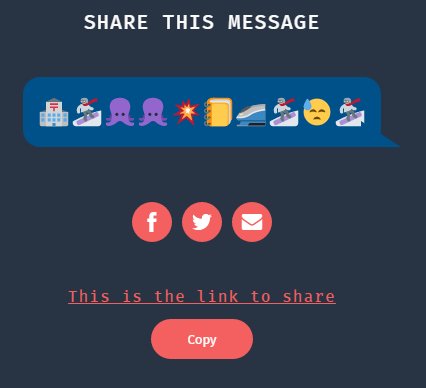Blogging just hasn’t been my thing the last two weeks. Too much travel, too much work around the house when I haven’t been traveling, and I really need to do more prep for the new course I am teaching in September. Speaking of preparation and travel, I am in St Johnsbury Vermont this week learning how to teach the new AP CS Principles course. Thankfully not starting in September as two new course in the same semester would be a bit much. Not that CS teachers don’t face that a lot but really I’d like to avoid it if possible.
A lot of these links came from the Annual CSTA Conference the other week. I tweeted a lot while I was there. Some are from later. There are more than usual. But as usual I tried to pick out the best of what I saw in hopes of not wasting your time. Enjoy!
Speaking of the Computer Science Teachers Association – have you seen the new logo and website? I like it how about you?

The Beauty and Joy of Computing - CS Principles Part 1 - starts on edX on September 6. If you are thinking about starting AP CS Principles this may be a good place to start.
Coding Resources for non-Computer Science Teachers – we’re seeing more and more teachers who do not have a CS background being asked to step up and teach CS. This is a useful list for them.
Building Computer Science Teacher Pipelines at CSNYC h/t @lsudol New York City has big plans for adding more CS education and filling the teacher pipeline is a big part of it. Take a look at some of their plans.
Interesting trip report (not by me) on the Snowbird conference focusing on talking about CS Education research. http://blogs.uw.edu/ajko/2016/07/20/snowbird-trip-report-automation-education-and-academia/
 The Allen Educators program is still somewhat new to me.
The Allen Educators program is still somewhat new to me. @AllenEducators and it is not just for CS teachers.
Dawn DuPriest writes about it on her blog at The Allen Distinguished Educator program and grants
Meeting the need for AP CSP at Georgia Tech by Mark @guzdial Teaser: It’s not by adding a new course patterned after AP CS Principles.
 OK what is interesting about this new camera from Nest is that they are building software so that it recognizes the difference between people and not people (animals, leaves blowing in the wind, etc.)
OK what is interesting about this new camera from Nest is that they are building software so that it recognizes the difference between people and not people (animals, leaves blowing in the wind, etc.)
Read about it on Wired or the Nest official outdoor camera website.
Microsoft announces professional degree program to fill the skills gap via @techcrunch People have been asking Microsoft and other t3ch companies to run their own university courses for years. Is this a good idea? I’m not sure and I tend to be a MOOC skeptic but still an interesting development.
Looking for a Crypto101 Introductory Course for Programmers This may be an option.
Small Basic Pi – “Small Basic, one of our favorite learning languages, marry that up with the Raspberry Pi and you got some tasty IoT”
Build your own robot with #Internet of Things and Raspberry Pi! See how: One day I’ll have time to do this.

Great rubric for evaluating CS resources from Saber Khan ( @ed_saber) at informative #csta16 session. I love these suggestions.

BBC micro:bit lessons via @YouTube These devices may be coming to the US. When? No idea but if you are in the UK and have them check out these videos.
Here they are! The new ISTE Standards for Students 
Speaking of standards have you seen the New CSTA standards at http://www.csteachers.org/page/CSTA_Standards
 The ScratchEd Team is crowd-sourcing a list of cross-curricular Scratch projects. Add your suggestions here: http://bit.ly/scratchacrossthecurriculum …
The ScratchEd Team is crowd-sourcing a list of cross-curricular Scratch projects. Add your suggestions here: http://bit.ly/scratchacrossthecurriculum …


 OK what is interesting about this new camera from Nest is that they are building software so that it recognizes the difference between people and not people (animals, leaves blowing in the wind, etc.)
OK what is interesting about this new camera from Nest is that they are building software so that it recognizes the difference between people and not people (animals, leaves blowing in the wind, etc.) 


 The ScratchEd Team
The ScratchEd Team 

